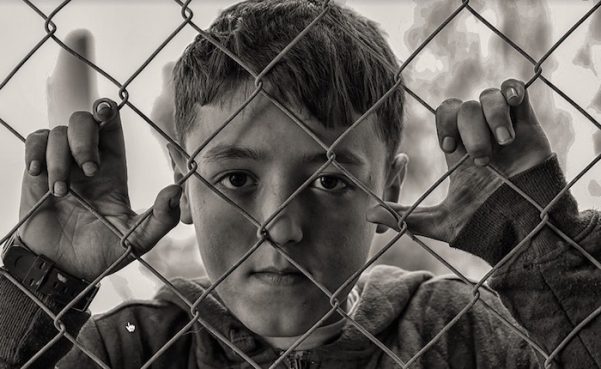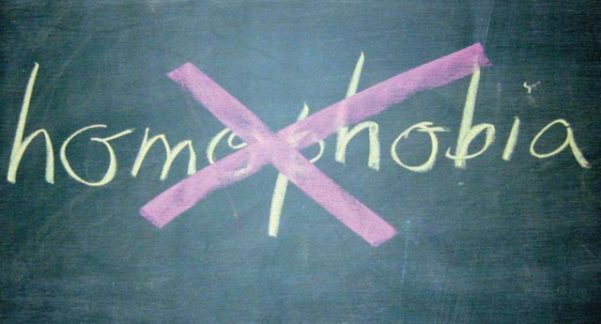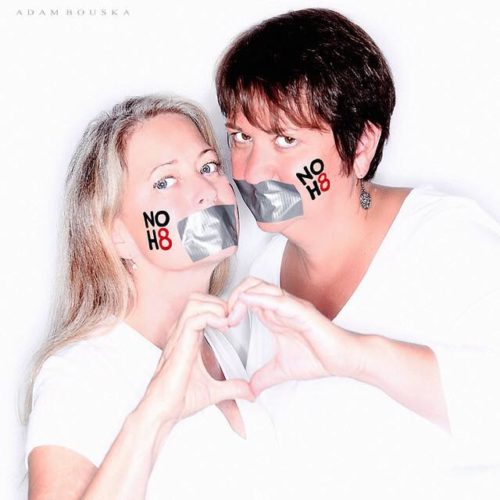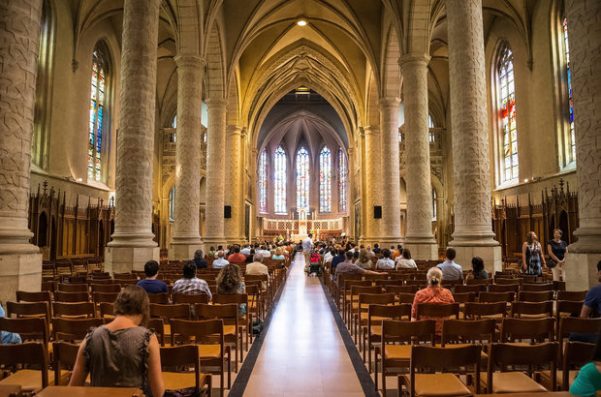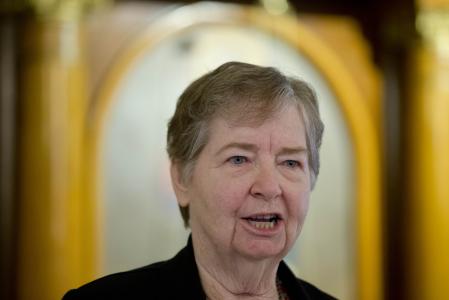By Phil Lawler
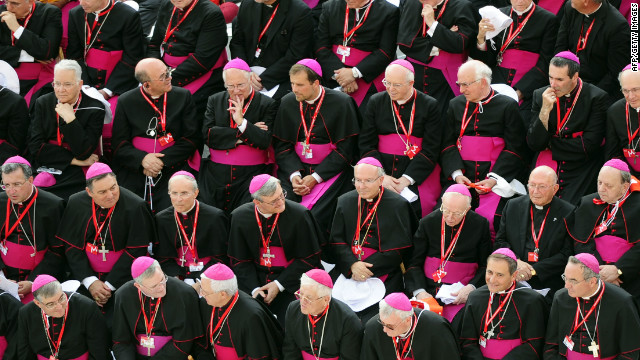
“Who is going to save our Church? Do not look to the priests. Do not look to the bishops. It’s up to you, the laity, to remind our priests to be priests and our bishops to be bishops.”
– Archbishop Fulton Sheen
Archbishop Sheen was right, as usual. Our pastors cannot lead us out of the current crisis in the Catholic Church, because they, as a group, do not recognize the nature of the crisis. In fact, despite the abundant evidence all around us, they are not prepared to admit that there is a crisis. They do not see the problem, because they are the problem.
The crisis is—let’s speak plainly—a crisis of clerical corruption. Our priests and especially our bishops have failed as Church leaders, because they adopted the wrong standards of leadership. They are using the wrong yardsticks to measure success and failure. And this clerical system tends to perpetuate itself: bishops train and promote priests who adopt the same skewed standards.
(It should be obvious, I hope, that I am making sweeping generalizations. There are many exemplary priests, and some of them become fine bishops. But the most energetic and evangelical clerics, I would argue, rise to leadership despite a system that rewards timidity and complacency. Individual priests may be holy men, but the clerical system is corrupt. By that I mean that while there are both good men and bad men in the system—as in any human institution—the good men are unable to establish control and institute reform.)
In June 2002, I was one of the scores of reporters covering the historic Dallas meeting of the US bishops’ conference. With the sex-abuse scandal at its peak, and ugly new stories exploding across the headlines every day, the atmosphere crackled with a sense of urgency, if not outright panic. The American bishops were under intense public pressure to take decisive action, and they did; the “Dallas Charter” was born. Even before they left Dallas, the bishops were proclaiming the Charter a great leap forward in the handling of sexual abuse, congratulating themselves for their achievement.
But the reporters who covered that event had a very different perspective. Because of the unprecedented media interest, the scores of journalists were set up in a separate hotel ballroom, watching the proceedings of the bishops’ meeting on a video screen. As the bishops’ discussions ran on, reporters naturally talked to each other, exchanging thoughts on the event. We quickly found that we all essentially agreed. Never in my career as a journalist have I seen such unanimity among the reporters covering a controversial event. Writers from conservative or liberal publications, from Catholic or secular media outlets, experienced hands and newcomers to the religion beat—all were saying the same thing. We were all shaking our heads and telling each other: “They don’t get it.”
Now think about that for a moment. Today the Dallas Charter is touted by Church leaders—not just in the US but in Rome as well– as the gold standard for handling sexual abuse. Bishops in other countries are advised to establish similar policies and procedures. The US bishops’ advisers, who framed those policies and procedures, are invited to address international seminars. Yet when the Dallas Charter was being devised and approved, the reporters watching the process were saying, “They don’t get it.”
What the bishops “didn’t get” is the simple, stark reality that they were the problem. Yes, certainly the priests who molested young people were a huge problem. But the secondary shock—the scandal that rattled public confidence in the Catholic hierarchy—was the realization that many bishops had covered up the scandal. Worse: that many bishops had lied to their people. And not just the bishops: during the “Long Lent” of 2002, Americans had learned about a culture of omerta in the clergy, a habit of mendacity. In Dallas the bishops talked about how to discipline wayward priests; they said very little about how to restore trust in their own leadership.
Is it any surprise, then, that the public still has not regained confidence in the Catholic hierarchy? That part of the sex-abuse scandal has still not been addressed. Consequently the rest of the Dallas Charter can be viewed with a jaundiced eye, by cynics who note that the polices and procedures are devised, supervised, and enforced by men who have not proven trustworthy in the past.
Media interest in the crisis of clerical abuse has subsided gradually during the past decade. The stories no longer command front-page headlines. There is no longer a frontal assault on the citadels of the Catholic hierarchy; it is now a cleaning-up operation, with lawsuits and the resulting bankruptcies filling space at the bottom of the news feed.
For the secular media, the sex-abuse scandal has lost its initial excitement since those wild days in 2002; there are no longer Pulitzer Prizes to be won on this beat. For the “official” Catholic media—the diocesan outlets and the publications sold in church vestibules—the topic is an unpleasant one, and prudence suggests adherence to the party line that the Dallas Charter has been a success.
Within weeks after that June 2002 meeting in Dallas, Bishop (now Archbishop) Wilton Gregory of Atlanta, then the president of the US bishops’ conference, placidly announced that the scandal was past history, and unquestioning Catholic journalists have been echoing that claim for years. The clerical culture, though badly shaken by the scandal, regrouped and recovered its own confidence. But the “new normal” is set at a distinctly lower level, as measured by Mass attendance, confidence in the hierarchy, Catholic influence on public affairs, and clerical morale. The events of 2002 are history, but the lingering effects are evident to anyone who looks for them.
Many bishops and priests recognize how far and how fast the situation has deteriorated in recent years. But the champions of what I have called the “clerical culture” do not. As parishes and parochial schools close, as childless families are destroyed by divorce, as prominent Catholic politicians endorse the “Culture of Death,” they continue to insist that the faith is “vibrant,” the future is bright. They will not initiate the needed reforms, because they see no need. They don’t get it.
If reform from within the clerical ranks is improbable, what hope do we have? The hope that Archbishop Sheen offered us: the realization that the future of the Church is in our hands, that the laity must come to the rescue. Earlier this week Jeff Mirus explained how lay people and lay movements have responded to the crisis:
The point is that the crisis of faith experienced by bishops and priests, which made life so difficult for lay people who really care, actually led to an astonishing contribution to Catholic renewal precisely by the laity themselves.
Archbishop Sheen predicted that the laity would save the Church. Jeff Mirus reports that the laity are saving the Church. The reform has already begun.
This does not mean “the fight is o’er, the battle won.” On the contrary, the struggle is only beginning. But loyal lay Catholics, formed in the crucible, have emerged with a stronger faith, a deeper commitment; they will not be satisfied with timid leaders. We will “remind our priests to be priests and our bishops to be bishops.” In the long run, the young bishops and younger priests will be our own sons and grandsons. And you can count on this: they will “get it.”
Complete Article HERE!

